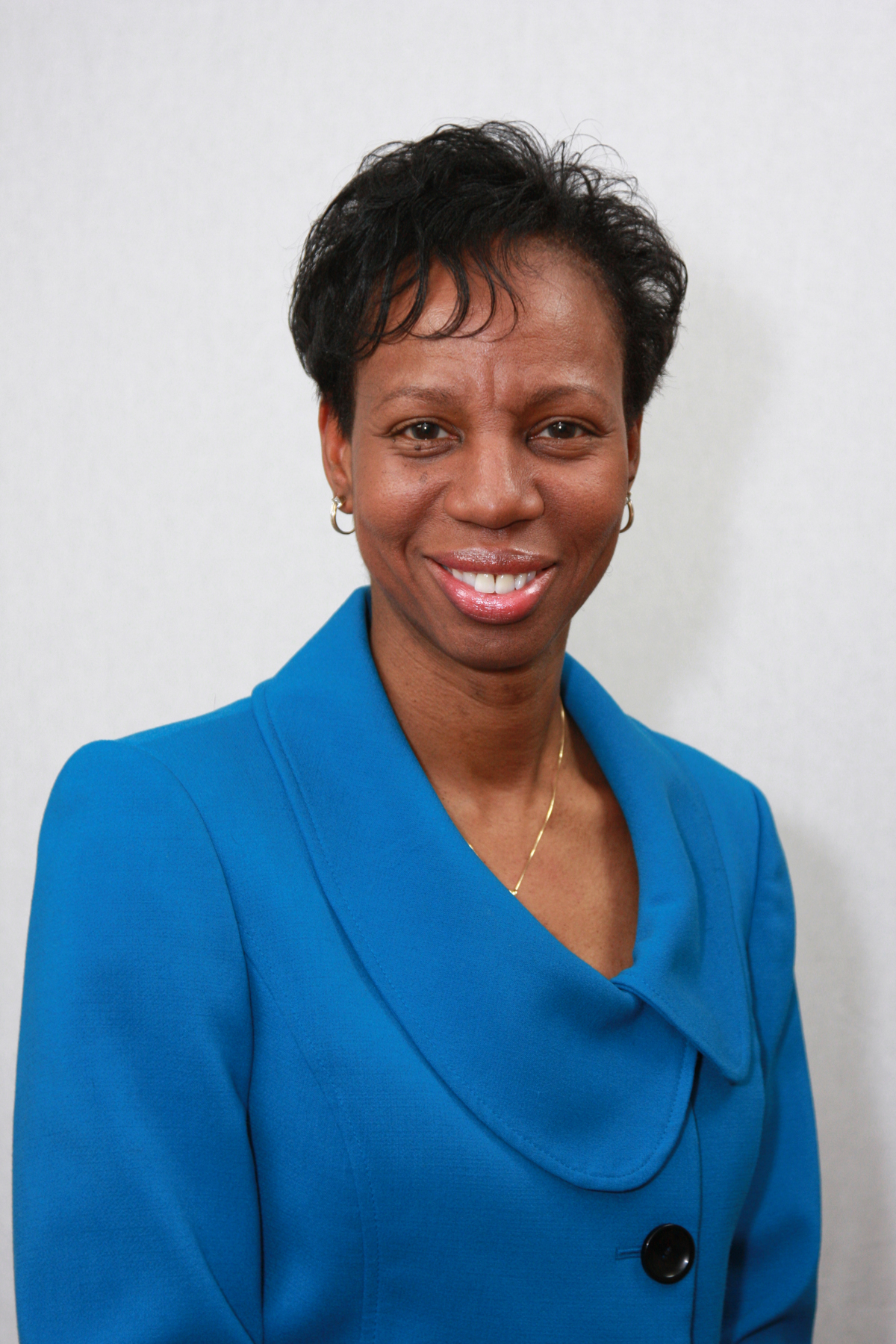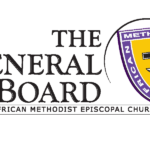What New Pastors Should Know About Church Financial Management
By Cynthia Gordon-Floyd, CPA, Contributing Writer
I’m blessed to frequently consult with newly assigned pastors and pastors who are planting new ministries. What I consistently find is a general lack of understanding regarding the best practices for organizing the financial operation of the church so that it meets the needs of the ministry.
First, the role of the financial secretary is pivotal and should be held by a person who meets the qualifications of being a steward. The financial secretary is not required to be a member of the Steward Board, but ideally, the pastor should ensure that they are a part of the critical discussions facing the church, including the negotiation of the pastor’s compensation package.
Second, the Commission on Stewardship & Finance should be comprised of members of the Steward Board, Trustee Board, and the Official Board. Ideally, the Commission should not contain a husband and wife team or siblings, if possible. The Commission is to be responsible for weekly or monthly financial reporting for leadership and Official Board meeting discussions, annual giving statements to members and visitors, ongoing stewardship ministry training and initiatives, and be closely involved in all financial decisions for the ministry.
Fourth, according to The Doctrine and Discipline of the AME Church (2016), the Official Board is the only body in the church to approve the disbursement of funds. Pastors should use the Official Board to their fullest extent. Convene frequent meetings to discuss any major financial decisions that need to be made for the church. Buy-in is critical, especially as the church relies on volunteer giving. Create an environment where members feel engaged so that the church is heading in a direction led by God, conveyed through the pastor, and carried out by the membership working together.
Fifth, pastors should avoid close interaction with the detailed financial operation. Pastors should not be present in the finance room during counting, write checks, or make deposits. The pastor may be the second signer on a check but should not write and sign checks. Ideally, the pastor should be able to review the results of these operations weekly through reports provided by the Commission on Stewardship & Finance. It can be exceedingly difficult for the pastor of a small church to avoid some of these tasks but it’s important to make every effort to do so. Otherwise, pastors can be in an unfortunate position where their good intentions can appear to be overreaching.
Cynthia Gordon-Floyd is a certified public accountant and founder of Willing Steward Ministries, LLC. Willing Steward Ministries (www.willingsteward.com) is a financial consulting and accounting firm for churches and other faith-based non-profits, specializing in Bible-focused financial practices, pastoral compensation issues, IRS compliance, and other financial needs specific to churches. Cynthia is a graduate of Lake Forest College and holds her MBA in Accounting from DePaul University. She is a steward and the financial secretary at the First AME Church of Manassas in Manassas, Virginia.





